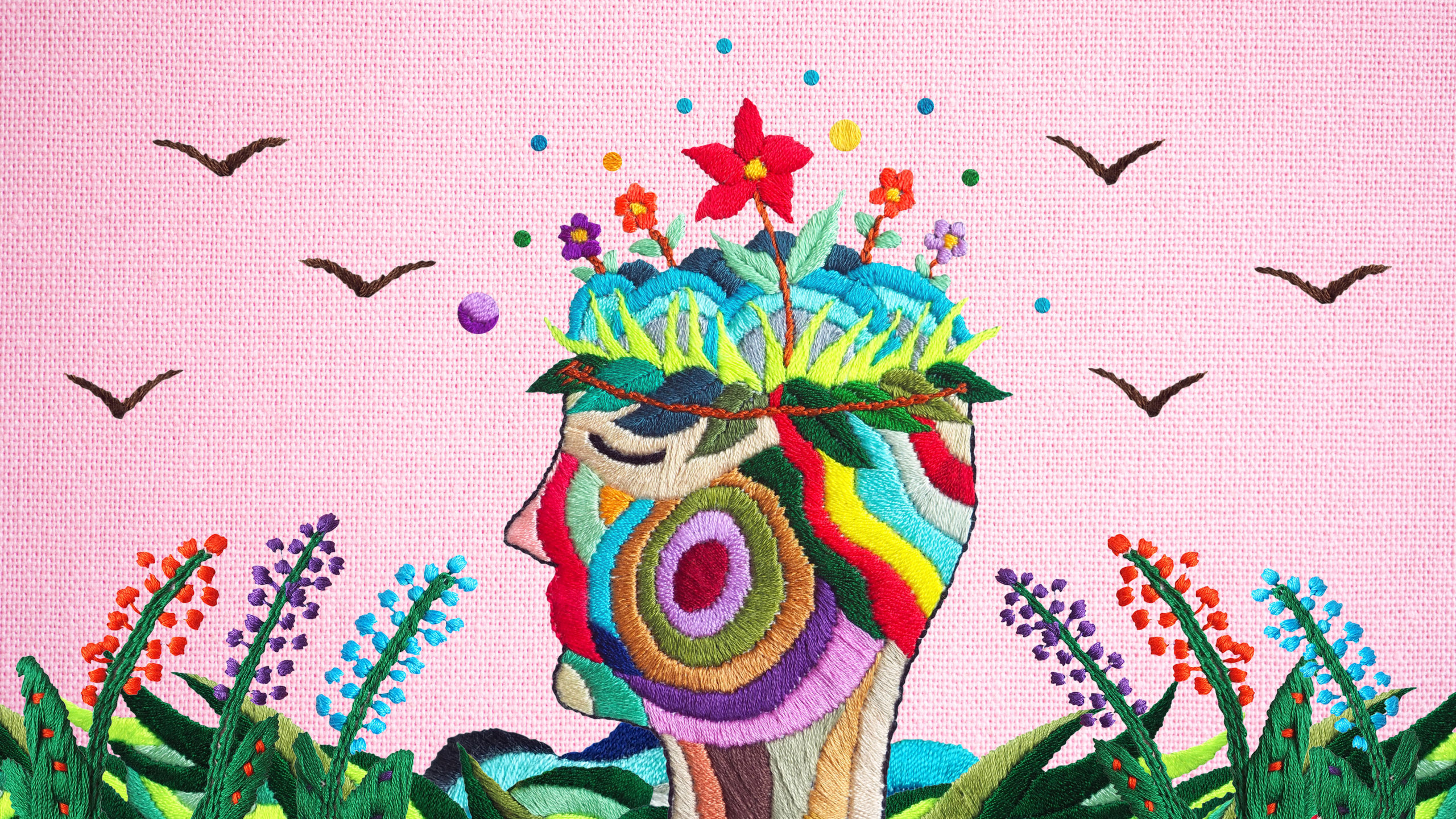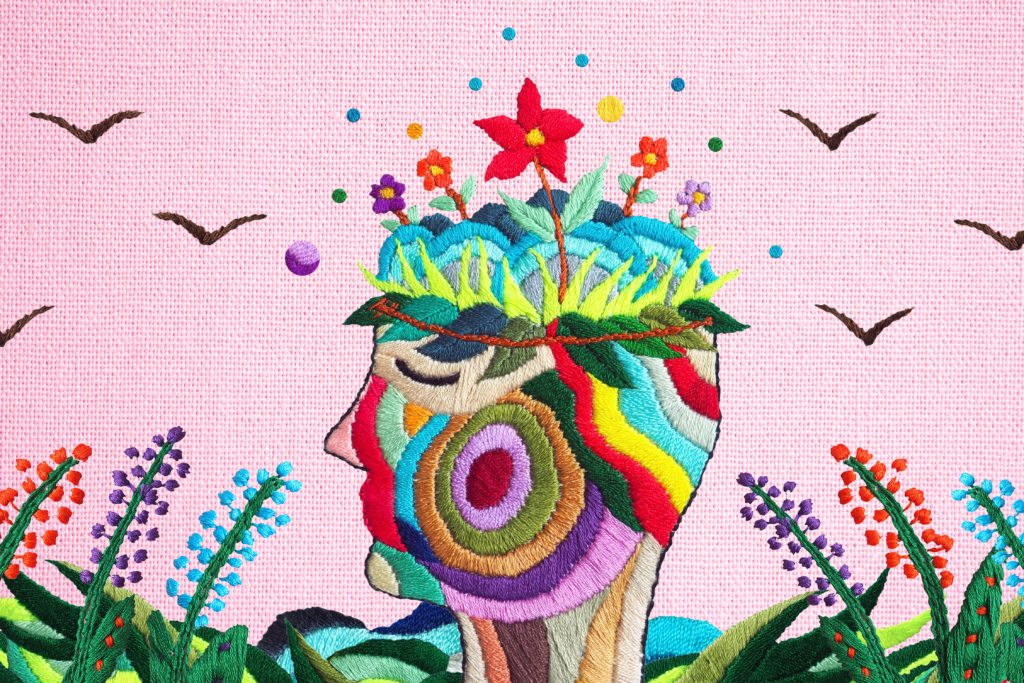Contributor Dr. Elise Herman
We live in a busy and often stressful world. Mindfulness is a simple concept that can help parents and kids be calmer and enjoy life more. Mindfulness means being present, paying attention to what is happening, and accepting it non-judgmentally. This technique is helpful at all ages but learning this when young means children will carry it forward as they grow up. Kids’ brains are still developing, including the prefrontal cortex, which directs focus and control. Mindfulness targets this part of the brain, so it is an excellent opportunity to encourage these skills while the brain is actively growing. Research has shown that mindfulness helps decrease anxiety and improve attention in school-age children. As a result, many schools include mindfulness in their curriculum.
Like so many other things in parenting, modeling behavior is very influential. Practicing mindfulness also helps you parent more effectively. Slowing down, noticing the ‘little things’, making good eye contact, and eliminating distractions (e.g., phones) will help you be present for your child. Start this mindful practice early, beginning with feeding your newborn. Put your phone out of reach (or turn it off), so you won’t be tempted to be looking at it instead of your child.

You can promote mindfulness with your toddler by engaging in activities encouraging focus, such as looking at books, going on walks, and coloring. Just looking closely at grass or flowers (and maybe you’ll find a bug!) teaches patience and calm. Toddlers can also learn to take slow breaths when upset or frustrated. You can demonstrate this, too, and be an excellent example of handling difficult emotions.
Preschoolers can practice mindfulness and focus by being quiet for a short time and increasing this as their patience and ability to “be” increases. Some parents do this at bedtime, starting with kids having eyes closed, being quiet and calm for 15 seconds, then working up to several minutes or more. Your child may then be able to calm themselves more quickly at other times, such as when upset. Taking walks in nature and being attentive to clouds, leaves, birds, etc., encourages your child to be present and focused. Notice and discuss the five senses as you go about your day. What is your child aware of in terms of seeing, hearing, touching, tasting, and smelling? You can include mindfulness in eating– enjoying food slowly and being aware of taste and smell instead of just eating in a rush without truly paying attention.
Older kids can understand more about the concepts of mindfulness and master mindfulness techniques. By learning to observe something with curiosity and acceptance instead of having an immediate emotional reaction, your child will be better able to handle complex and stressful situations. By fully paying attention to the present, it is easier to let go of regrets about the past and worries about the future. A simple technique is focusing on the breath; counting each breath up to 10 (‘one breath’ equals breathing in and out) helps with this. Imagining each breath as a gentle wave can also be very calming. Mindful breathing is a form of meditating and can be done for just a minute or more throughout the day. This really does train the mind to focus and be more grounded.
There are lots of helpful online resources. “Smiling Mind” is an Australian website and free app with good info about kids and mindfulness, regulating emotions, and how to promote empathy and connectedness. Other apps have fees but can be very valuable including “Headspace for Kids” and “Calm.” Your child is always learning from you, so the more ‘present’ you are with your child (this means putting down phones), the more both of you can be mindful, calm, and enjoy life.
Resources
more about The contributor

Dr. Elise Herman
Dr. Herman is passionate about community health outreach, school programs, and child/family health and wellness. She has more than 31 years of experience as a pediatrician in Ellensburg, Washington, the last 3 with KVH Pediatrics. In 2022 Dr. Herman mostly retired from practice and continues to contribute blog posts and remain a visible advocate for kids in the community.
